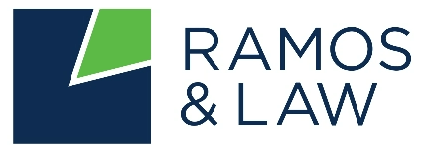-
- Blog
- Videos
-
- Occupational Deaths – What Happens if a worker dies on the job?
- When is the right time to settle my case?
- What does PPD mean to my case?
- The good, the bad, the controvert
- What does full duty or normal duty mean?
- What is a delayed workers’ compensation hearing?
- The company is closing. What happens to my workers’ compensation claim?
- Rushing and injuries on the job
- If I settle my WC claim am I entitled to my pension and retirement?
- Settling a WC claim
- How will I receive medical treatment if my WC claim is controverted?
- Physical therapy in WC claims
- Check is in the mail. Now what?
- Testimonials
- Contact
